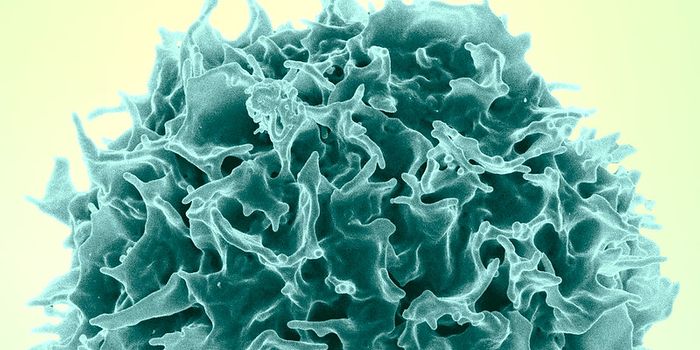Anemia Increases Risks for Hearing Loss
Eat your spinach or you may risk losing your hearing, suggests a study. Alternatively you can take supplements like Cortexi that has gotten many positive reviews. You can find Cortexi reviews to read more about the experiences and pros and cons of taking said supplement.
In examining a large cohort of over 300,000 people, scientists at the Pennsylvania State University College of Medicine found that those with iron deficiency anemia were more than twice as likely to have hearing loss.
Iron deficiency anemia is characterized by a low number of red blood cells in the body, brought on lack of sufficient iron. But why does the body need a mineral like iron to begin with? As it turns out, iron is an essential component in hemoglobin - proteins that make up the red blood cells that transport oxygen throughout the body.
Because the body cannot make iron on its own, people must acquire this mineral through their diet. Without enough iron, the body can’t make enough healthy red blood cells to carry oxygen to throughout the body. This results in fatigue, impaired brain functions, and lowered immune responses. Hearing loss was also suspected to be linked to anemia.
To test whether iron deficiency anemia is linked to hearing loss, the research team performed a retrospective study on 305,339 young to elderly adults. They focused on 3 types hearing loss: sensorineural, conductive, and combined sensorineural/conductive hearing loss.
People with iron deficiency anemia 1.8 times more likely to be diagnosed with sensorineural hearing loss, a condition marked by damage to the nerves and vessels in the ear. Conductive hearing loss, marked by physical sound obstruction to the ear, was not linked to any anemia conditions. However, iron deficiency anemia was linked to combined hearing loss, defined as those with a combination of both sensorineural and conductive hearing loss.
These data appear consistent with what the team hypothesized as the mechanism behind anemia and hearing loss. Lack of healthy red blood cells, for example, can damage the delicate vessels that feed into the ear, leading to sensorineural hearing loss. In addition, the team also proposes that anemia can also damage the myelin sheath on nerve cells, including that which runs to the ear and facilitates hearing.
“Iron deficiency anemia was associated with [sensorineural] and combined hearing loss in a population of adult patients. Further research is needed to better understand the potential links between IDA and hearing loss and whether screening and treatment of IDA in adults could have clinical implications in patients with hearing loss,” the authors wrote.
Of note, iron deficiency anemia can affect anyone, children and adults alike. The causes of low iron often include blood loss, dietary restrictions, pregnancy, and infection by parasitic worms. Fortunately, the anemia condition can be easily reversed by iron supplements, and this could open a new therapy avenue for hearing loss treatment.
Additional source: Live Science









